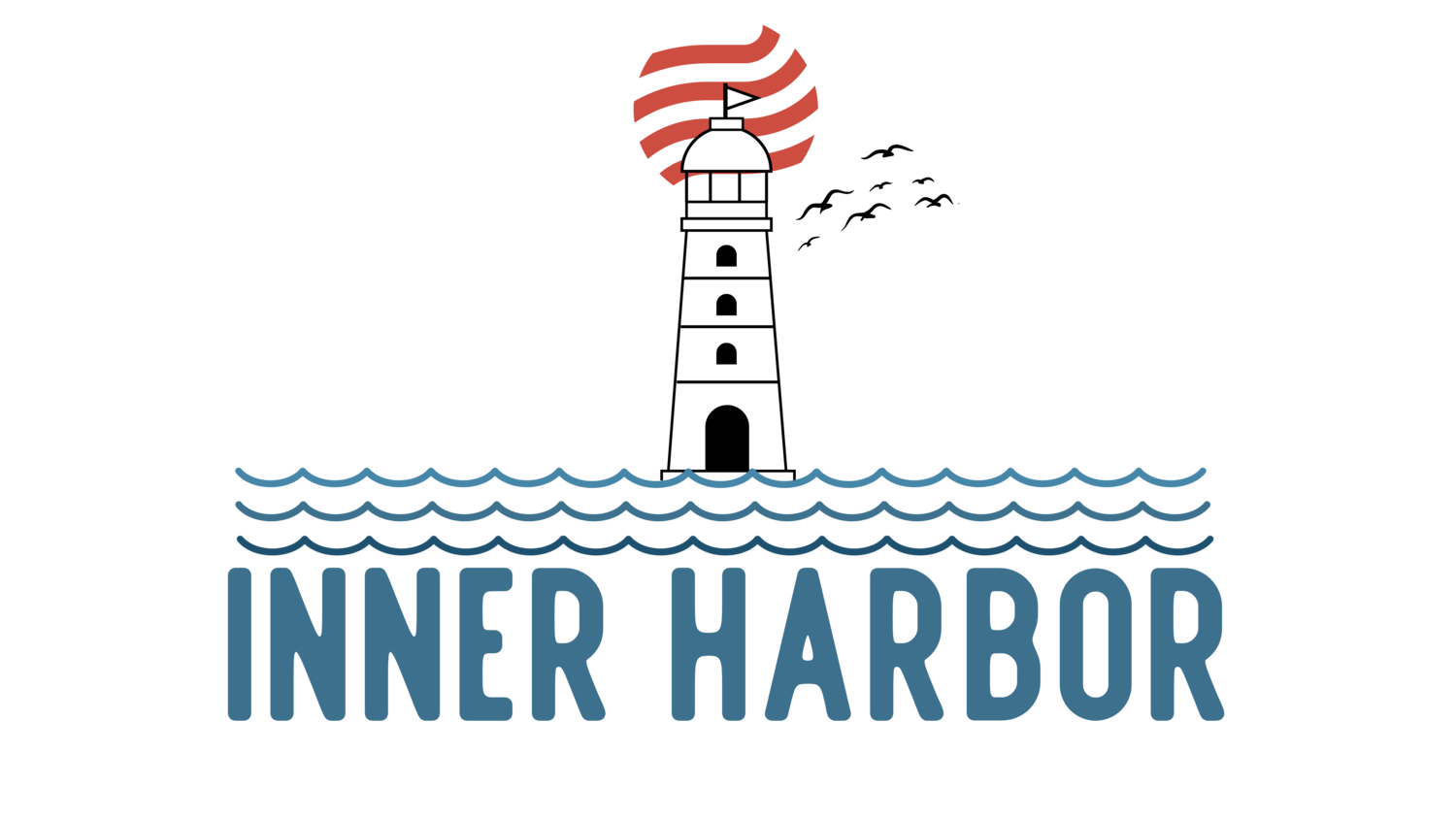Mass Gun Violence and Grief
By Rachel Markowitz
“I mean all I have to say is that I am heartbroken. People keep on saying that it’s naive to say, ‘I didn’t think it would ever happen here,’ but I truly didn’t. You could never understand it if you haven’t had it happen to you…I just feel numb and disconnected.”
That’s what my friend Hannah, a resident of Highland Park Illinois, told me a few weeks after the Highland Park shooting on the Fourth of July. She was not at the parade when the shooting occurred. But the effects of grief she feels for her community are very real.
After the shooting, Hannah reached out to a group chat including me and our other college roommates letting us know that she and her family were physically safe and okay. This is one of those situations that feels like there’s no right way to respond. Confused, and unaware of the magnitude of what happened, I texted, “Oh god i didn’t even know, thanks for telling us ur all ok!!” But as the day went on, the story started unfolding on the news, showing how much of a tragedy occurred. I realized that this response was insufficient. I usually think of myself as a friend people could go to for advice, but it just felt like the wrong time to offer any insight or look for a silver lining. I texted her again, this time privately, asking how she was doing, and focused on listening. It’s frustrating when it feels like you can’t do anything to help a person you care about. But in my opinion, sometimes being able to listen is the most important thing you can do. As the news rolled in and more footage of the tragedy came out, I was able to breathe a sigh of relief that she was alive and well, but for her, these feelings of relief never came. “I saw a girl I went to school with post a text from her sister saying that her sister's friend watched both her parents get shot. Apparently they are okay but I know that image will never leave that girl's head. After reading that I keep crying. There are so many kids who go [to this parade]. There is even a portion of the parade for kids on their bikes. Those children will never be able to unsee this. I feel sick. And there is nothing I can do except watch the news and hope I don’t know anyone else who was killed.”
Hannah expressed to me that a central feeling as she processes these events has been guilt. “I feel as though I should not be allowed to feel as I do when I wasn’t there,” she told me. “Almost like I should have been? I talked about it with my family and some friends, and one of my friends was like ‘it’s survivor's guilt’ but then we talked again about how we don’t feel as though we can say that because we weren’t there.”
Yet, according to the Children’s Bereavement Center of South Texas, her experiences are in line with common reactions to mass violence: emotional effects often include shock, disbelief, and numbness. Avoidance of reminders is a common behavioral reaction. Hannah told me that she can’t even bear to look at smiley faces anymore, because they remind her of a photo of a spray painted mural the shooter painted on his house.
Despite her grief reactions being very normal and common, the theme of guilt kept coming up. The days after the shooting, as she attempted to return to normalcy, thoughts of doubt kept coming back: “[I asked myself,] What right do I have to have fun when people are in the hospital right now? People have died and I am at a concert.”
When mass tragedies such as this one take place, the grief that strikes the community afterwards can be confusing and appear to make no sense. It can be hard to recognize that what you are going through is grief, especially when you think that you should be fine and grateful for your safety.
But being “fine” goes far beyond being physically fine, and when tragedy strikes, the biggest lesson I took from our conversation is to check on your friends, because being okay goes far beyond being physically safe.
